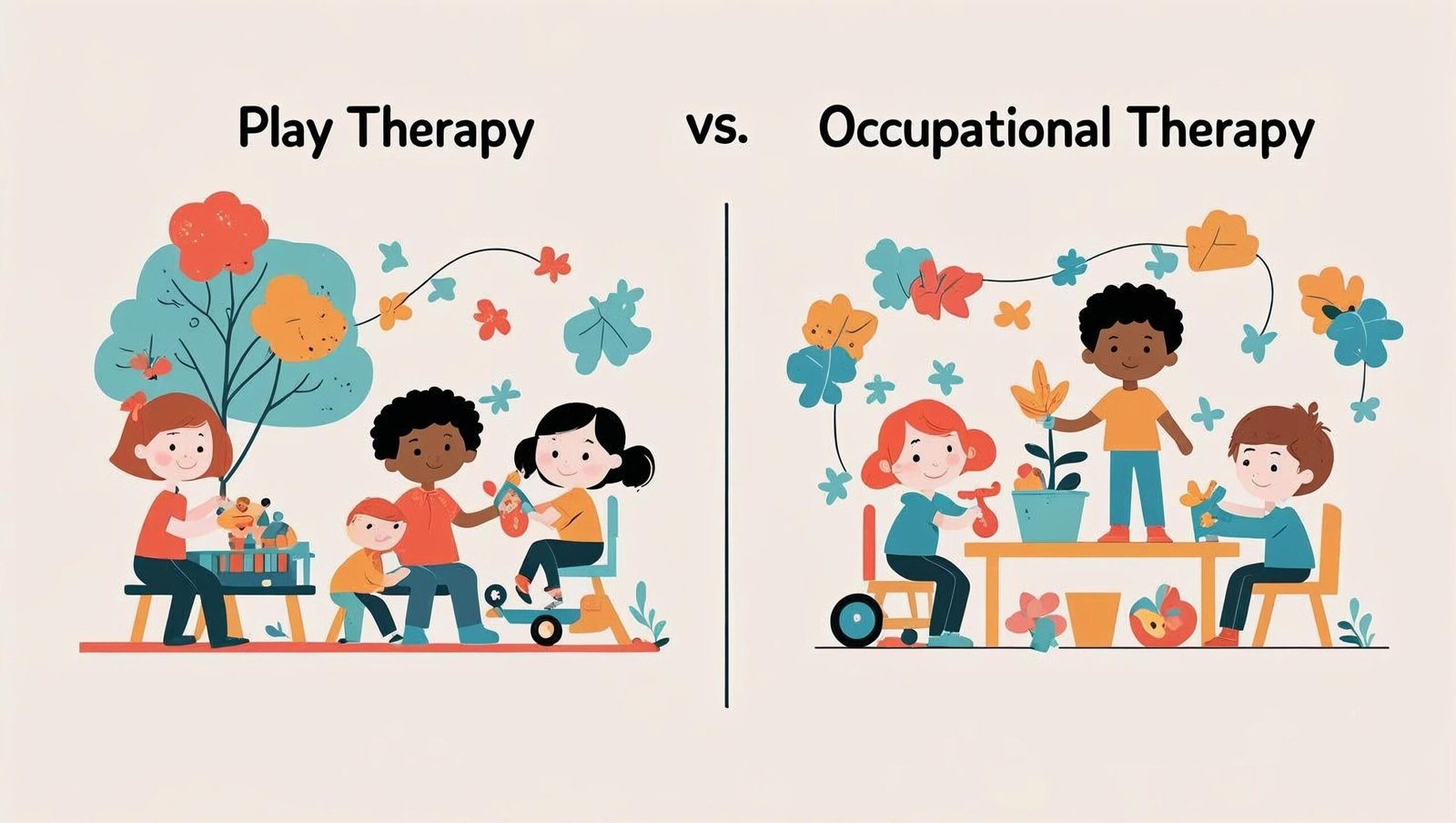No products in the cart.
What are the 7 soft skills? They’re the useful, people skills that help you do well at work—no diploma, training, or degree needed. Employers value them as much as qualifications, sometimes more. These skills shape how you lead, learn, fix problems, and work with others. And the best part? You already use most of them.
You don’t need letters after your name to show you’re a great listener. You don’t need a certificate to prove you can stay calm under pressure or lead a team through a busy shift. These soft skills are your hidden strengths—the ones that help you grow your career, even if you’re starting again or changing paths.
Let’s break down the seven soft skills that open doors, build trust, and make you stand out.
What Are the 7 Soft Skills?
These are the seven soft skills that employers across the UK say matter most:
- Communication
- Teamwork
- Problem-solving
- Time management
- Adaptability
- Critical thinking
- Emotional intelligence
They don’t come from books. They come from real life. They come from raising kids, helping family, dealing with hard jobs, and bouncing back after tough times. Let’s look at each one and how it shows up in daily life.
1. Communication: Speak Clearly, Listen Better
This skill helps you share your ideas in a way others understand. But it also helps you know when to listen. You don’t need a loud voice to be good at communication. You need patience, clear words, and kindness.

You use this skill when you deal with a difficult customer without losing your cool. You show it when you help a new worker understand a task. You also show it when you ask questions instead of pretending you’ve got it all sorted.
Want to improve? Practice good listening. Don’t plan your reply while someone’s talking. Make sure your tone matches your words. And speak to people the way you’d like them to speak to you.
2. Teamwork: Share the Load, Share the Credit
Teamwork means getting things done with others. It means giving help, not orders. You don’t need to lead the team to be a good teammate. You need to show up, stay open, and respect others.
You use this skill when you support someone during a busy shift. You show it when you fix a problem together instead of blaming. You also show it when you offer to help without being asked.
Team players don’t just finish jobs. They help others win. That makes them stand out—and makes any place of work better.
3. Problem-Solving: Find a Way, Not an Excuse
Things go wrong. That’s life. Problem-solving helps you deal with it using action, not panic. It’s not about knowing every answer. It’s about staying calm and thinking through your choices.
You use this skill when you handle a complaint at work. You show it when you fix a delivery problem without your boss. You use it when your childcare plan fails and you find another one fast.
Problem-solvers don’t give up. They step up. You don’t need years of study to solve problems—you need focus and strength.
4. Time Management: Make Every Hour Count
Time management isn’t about staying busy all day. It’s about doing the right things at the right time. It’s about showing up on time, finishing jobs, and knowing when to take a break.

You show this skill when you plan your workday early. You use it when you finish something by the due date. You also use it when you fit work, family, and rest into one day without feeling tired.
You don’t need a planner or special app. Just a list, a plan, and the will to follow it.
5. Adaptability: Roll With It, Don’t Break
Things change fast. New tools, new rules, new jobs—it’s all part of work now. Adaptability helps you switch without losing your focus. It shows you can learn, adjust, and keep going.
You use this skill when your shift changes at the last minute, and you stay positive. You show it when your job changes and you take on new tasks. You also show it when you move to a new job area and stay ready to learn.
People who adapt well don’t fall behind. They lead the way forward.
6. Critical Thinking: Think First, Act Smart
This skill helps you make smart choices. It helps you check facts, think about what might happen, and avoid mistakes. You don’t need to be “book smart.” You just need to ask the right questions.
You use it when you check a rule before acting. You show it when you question bad advice in a kind way. You also show it when you spot a faster way to do something and speak up.
People who think before they act don’t just do better—they help others do better too.
7. Emotional Intelligence: Feel It, Don’t Fight It
This skill helps you deal with feelings—yours and other people’s. It helps you stay calm, care about others, and answer without shouting. You don’t have to hide feelings. You just need to understand them.
You show emotional intelligence when you support a co-worker who’s stressed. You use it when you get feedback without taking it the wrong way. You also use it when you see someone upset and try to help.
This skill makes you easier to work with, lead, and follow. It’s also one of the best signs of a good boss.
Soft Skills at Work: No Degree? No Problem
Soft skills are transferable. That means they move with you—from shops to care work, from admin to delivery. You don’t need to start from nothing when you switch jobs. If you’ve helped others, solved problems, and stayed calm, you already have strong skills.
Employers in the UK keep saying the same thing: they can teach how to use tools, but they can’t teach how to act around others. That’s where soft skills matter most. They show you’re ready to work, learn, and grow.
Real-Life Examples From Everyday Jobs
You don’t need an office job to use soft skills. They’re everywhere.
- In a call centre, you use emotional intelligence to stay calm with angry customers.
- In retail, you use time management to do your work and help customers quickly.
- In care work, you use adaptability to deal with last-minute changes.
- In hospitality, you use teamwork and communication to keep things running well.
- In warehousing, you use problem-solving when something doesn’t match up.
No matter the job, soft skills help things go smoother. And they help you stand out—whether you’re learning, applying, or leading.
How to Build Your Soft Skills (Without a Classroom)
You don’t need a long course. You just need to practise, pay attention, and ask questions. Here’s how:
- Watch how others deal with stress, and learn from them
- Ask for tips at work and really listen
- Write down one problem you fixed each day
- Think before you reply in tough talks
- Try one new task a week to grow your skills
- Help someone out without being told
You’ll get better each week. Growth won’t always feel big, but it adds up fast.
Soft Skills in Interviews: Show, Don’t Just Say
Anyone can say they’re good with people. What matters is proving it. Use short, clear examples from real life. You don’t need a big story—just an honest one.
For example:
“I helped a new worker settle in by showing them how to use the till.”
“I dealt with a last-minute shift change by staying calm and helping others adjust.”
“I found a quicker way to sort orders and saved time for the team.”
Keep it simple. Keep it true. Show that you don’t just talk—you act.
Final Thoughts: Soft Skills Open Doors—No Degree Needed
So, what are the 7 soft skills? They’re the people-first skills that help you grow your career, no matter your background. They help you speak clearly, stay calm, and work well with others. They help you stand out in interviews and do well on the job.
You don’t need to pay for a course to be good at communication. You don’t need a licence to solve problems or lead with care. You just need to notice your strengths, use them more, and bring them to work each day.
You already have these skills. Now it’s time to grow them on purpose.
Ready to grow your real-life skills? Enrol in our online Personal Development Courses at Wise Campus and build confidence that lasts.






